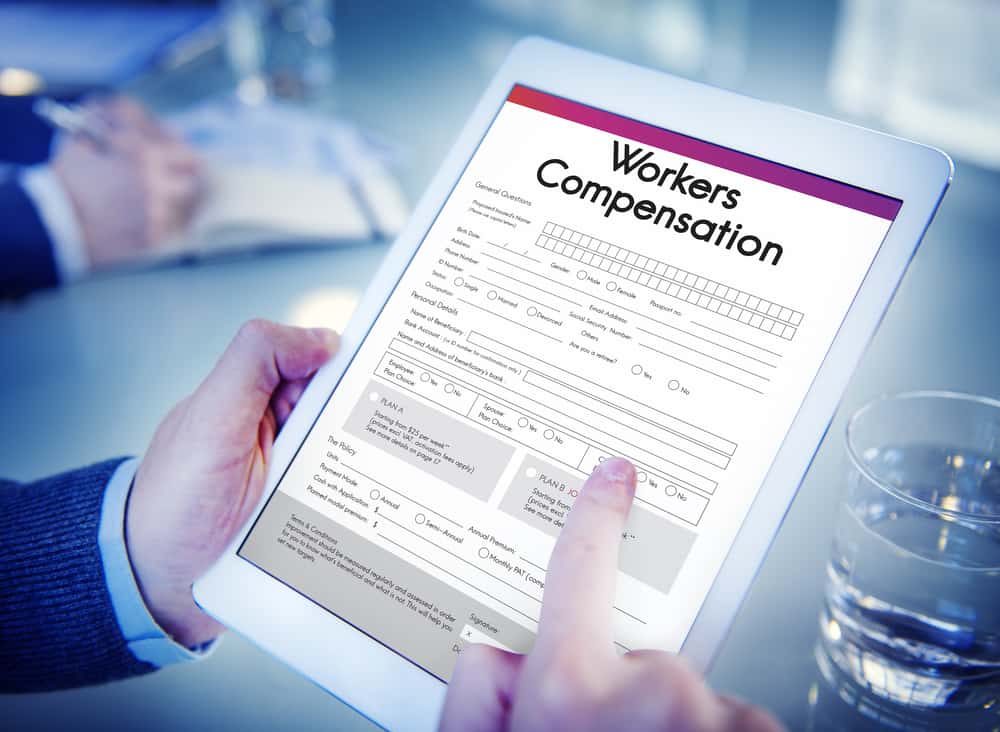Personal injury and workers’ compensation are similar in principle. Most of the differences are minimal except for two: types of available compensation and fault requirements.
Personal injury law is based on an injury caused to you by someone’s negligence. As the injured party, you are entitled to recover the financial losses caused by your injury. In the event of a work-related injury, the workers’ compensation insurance pays the compensation to you because your employer is required by law to insure you.
Both types of insurance provide financial benefits that cover these injuries, ensuring you don’t have the financial burden. However, these two systems have some differences:
No Determination of Fault
One major difference between a personal injury and a workers’ compensation case is: no determination of fault is required for the injuries that occur while you were performing duties related to your work. The claim can also include injuries not directly related to your work duties.
These can be any type of injury, whether your carpal tunnel is affected due to work-related related repetitive motion, tripping over a wire, or falling off a ladder.
Any injury at work is, therefore, covered under workers’ compensation, even if there was negligence involved – for example, if you tripped over an exposed cable or abandoned box. This means that with any injury you got at work, you will receive your benefits without needing to show anybody’s fault.
This is a favorable system for both you and your employer because you can’t sue the company, and they don’t have to become wrangled in time-consuming and costly legal battles. You receive your benefits quickly, allowing you to cover all the medical expenses accrued from your injury and any time off work.
When and who to sue
Some situations allow you to sue a third party for workplace injuries. You generally can’t sue a coworker or your employer. Sometimes the fault of a work-related injury might not involve your employer but a third party. The liability is then placed on that party, and you can lay a personal liability claim.
One example is if you are working on a scaffolding that breaks. You must prove fault on the manufacturer’s part for the faulty construction of the scaffolding and pursue a claim for personal liability. However, if you slip and fall or lose your footing, that is usually a workers’ compensation claim.
Which workers can sue employers?
Crew members of water-faring vessels and interstate railroad workers don’t fall under any workers’ compensation. The Jones Act authorizes all crew members working on any type of boat, whether it’s a small fishing vessel or cruise ship, to sue their employer for all types of damages if they are hurt during their employment. These include everything covered by personal injury claims, even pain and suffering.
The Federal Employers Liability Act (FELA) allows interstate railroad workers (and only some commuter rail workers) to sue their employer for damages for work-related injuries.
Pain and suffering damages
Another major difference between a personal injury lawsuit and a workers’ compensation case is the benefits for pain and suffering you are entitled to.
Benefits you can recover from a workers’ compensation claim
There are several benefits that you can recover:
- Any wages you lost in the time it takes you to recover from your injury
- All expenses related to your medical treatment
- Permanent disability compensation if you can’t ever work again as a result of the injury
- Occupational reskilling if you’re unable to return to your position
- Survivors are entitled to a death benefit if someone dies because of a workplace injury or illness
During your recovery, you are entitled to a maximum weekly payment of workers’ compensation for lost wages. In most states, it’s two-thirds of your lost wages. Workers’ compensation settlements are offered either as a single lump sum or as weekly benefits.
Benefits you can recover from a personal injury claim
Personal injury claims seek the recovery of all damages accrued. These include, among others:
- Lost earnings
- Earning capacity lost
- Medical expenses (including future ones)
- Compensation for permanent impairment
- Your pain and suffering
- Psychological effects on the quality of your life
Differences between workers’ compensation and personal injury
Workmen’s compensation claims don’t pay benefits for pain and suffering because this type of claim is based on a trade-off between employees and business owners. Before the 20th century, injured employees could only get compensation for work-related injury if they sued their employers for negligence. Unfortunately, many employees never sued their employer, but even if they did, if they couldn’t prove negligence, they got no compensation.
Summary
Despite their similarities, these important differences can affect your claim, and there are seldom any questions of overlapping coverage. A competent lawyer can help you if you aren’t sure how to proceed.

Workmen’s compensation claims don’t pay benefits for pain and suffering because this type of claim is based on a trade-off between employees and business owners.
Strains and sprains are the most common type of worker injury.
A workers comp injury is when an employee is injured on the job or suffers an occupational illness.
Any type of illness or injury caused by the job is compensable. This includes emotional or mental stress caused by your job.
An injury during the course of employment is generally covered and compensable by workers’ compensation
Yes, you can recover even for a pre-existing condition. If you have been injured on the job and your previous injury has gotten worst, you can generally recover any resulting damages
Workman’s comp covers injuries that occurred during the scope of your employment, including negligence. However, it will not cover drug or alcohol-induced injuries
An injury that occurs during the course of employment. This includes anything you do on behalf of your employer. For example, if you were injured playing frisbee during a holiday picnic, you would be covered.
The compensation you receive for workers’ comp is generally not taxable on the federal or state level.
1. Report the injury and get a report.
2. Document all major interactions with your employer or their insurance representatives.
3. Get all necessary medical care and follow doctor’s orders.
You might not need one, but make sure you know your rights and responsibilities. However, if your injuries are severe, not clearly work-related, involve significant time off from work, or your injuries are permanent, you definitely should consult a lawyer.


